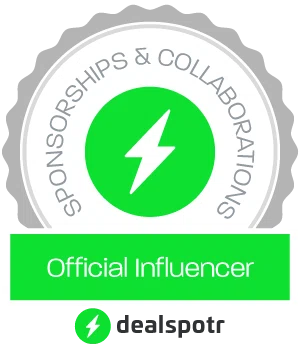Every generation carries its own unique story, shaped by the world they’re born into and the challenges, triumphs, and innovations they experience. Starting in 2025, a new cohort is arriving—Generation Beta. But what does this mean, and how does it connect to the generational names that have come before? Keep scrolling to reveal.
A Look Back at Previous Generations
To understand where Generation Beta fits, we need a quick trip down memory lane:
- The Silent Generation (1928–1945): Born during the Great Depression and World War II, this generation earned its name for its cautious, conformist approach to life, shaped by turbulent global events.
- Baby Boomers (1946–1964): Following WWII, the world experienced a population boom. This generation grew up during an era of prosperity and social change, becoming known for their influence on culture and politics.
- Generation X (1965–1980): Often called the “latchkey kids,” Gen X grew up in a time of economic shifts, technological breakthroughs, and changing family dynamics. They’re known for their independent and entrepreneurial spirit.
- Millennials or Generation Y (1981–1996): Millennials witnessed the dawn of the internet and grew up during a digital revolution. They’re often associated with adaptability, innovation, and a push for meaningful change.
- Generation Z (1997–2010): The first true digital natives, Gen Z grew up with smartphones, social media, and global connectivity as a given. They’re socially conscious, tech-savvy, and passionate about equality and sustainability.
- Generation Alpha (2011–2024): As the children of Millennials, Generation Alpha is growing up surrounded by artificial intelligence, voice assistants, and advanced tech. They’re expected to push boundaries in creativity, problem-solving, and digital interaction.
Enter Generation Beta
Starting in 2025, Generation Beta begins their story. Following the Greek alphabet, “Beta” signifies a fresh start after Generation Alpha. But unlike previous generations, Beta babies are stepping into a world profoundly shaped by cutting-edge technology, climate challenges, and global interconnectedness.
What Will Define Generation Beta?
While it’s too early to predict the full scope of their characteristics, here are a few possibilities:
- AI-Native Lives: Generation Beta will likely interact with artificial intelligence as effortlessly as we use electricity. From personalized learning systems to AI-powered healthcare, these children will grow up with machines as collaborators.
- Sustainability Pioneers: As the planet faces urgent environmental concerns, this generation could lead the way in sustainable living, innovation, and policies. Their parents, aware of these challenges, may instill eco-conscious values early on.
- Blurring Real and Virtual Worlds: With virtual reality and augmented reality evolving rapidly, Generation Beta might see fewer boundaries between digital and physical spaces. Play, work, and social interaction could all shift into hybrid formats.
- Global Citizens: Born into an era where communication across the globe is instantaneous, Generation Beta may view the world without borders, emphasizing unity over division.
Why Generations Matter?
Generational labels are more than just names. They help us understand how societal trends, technology, and historical events shape the way people think, behave, and contribute to the world. Each generation brings fresh perspectives, pushing humanity forward in its own way.
The Future Is Bright
As the world welcomes babies born in 2025, we also welcome the rise of Generation Beta. These children will inherit a complex yet exciting world, full of challenges to overcome and opportunities to explore. One thing is certain: their journey will be uniquely their own, and they’ll undoubtedly leave their mark on history.




















